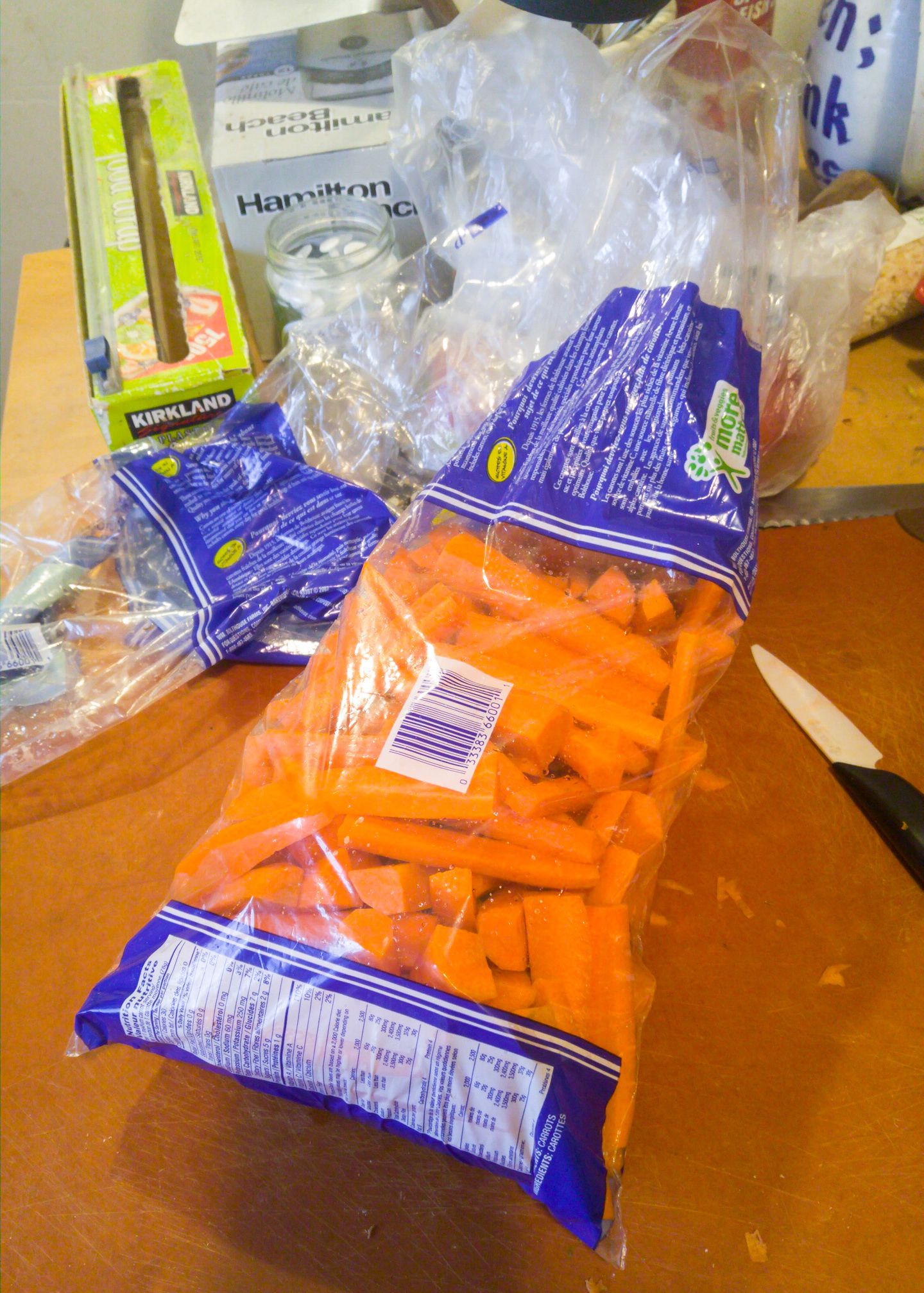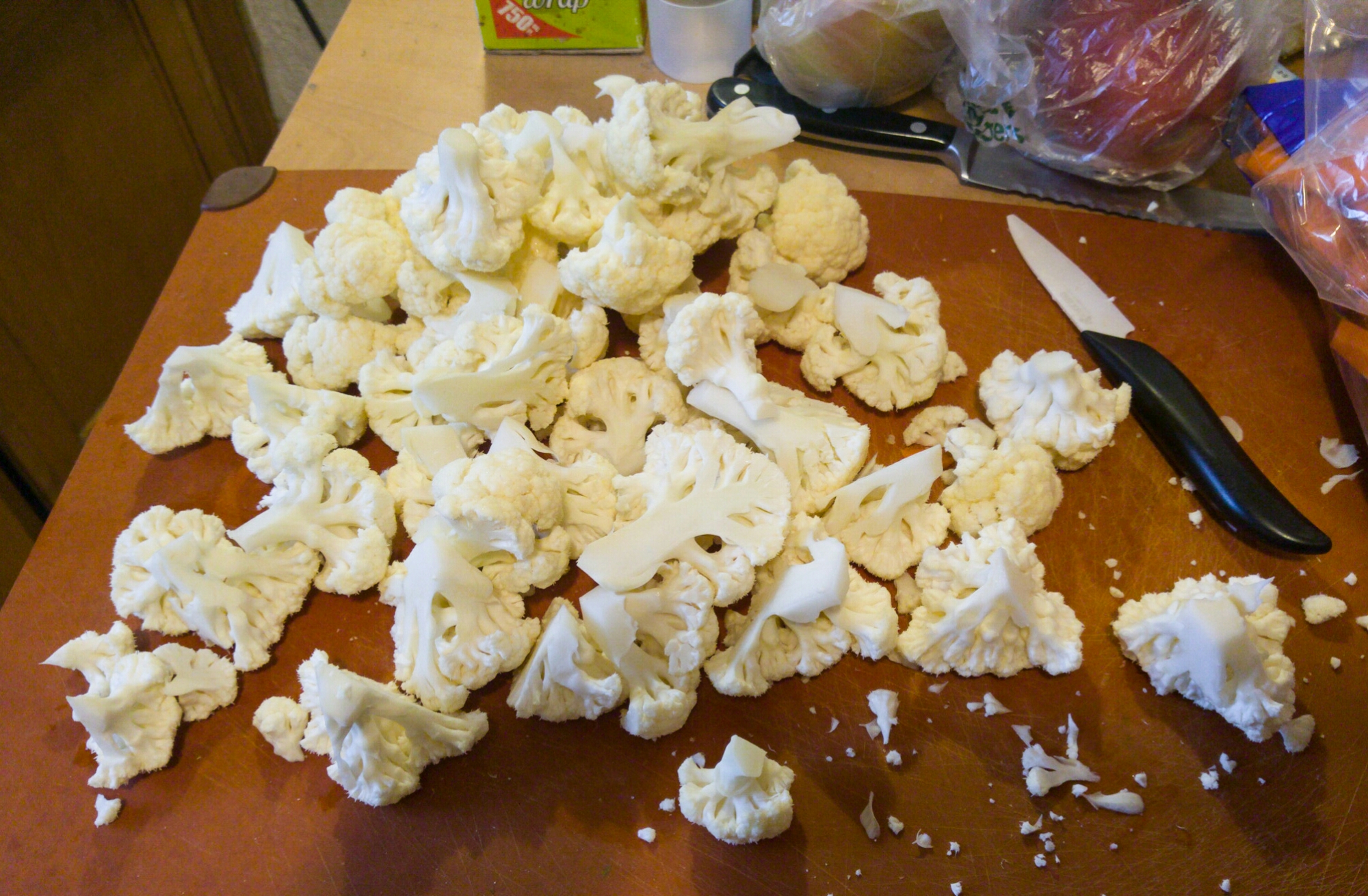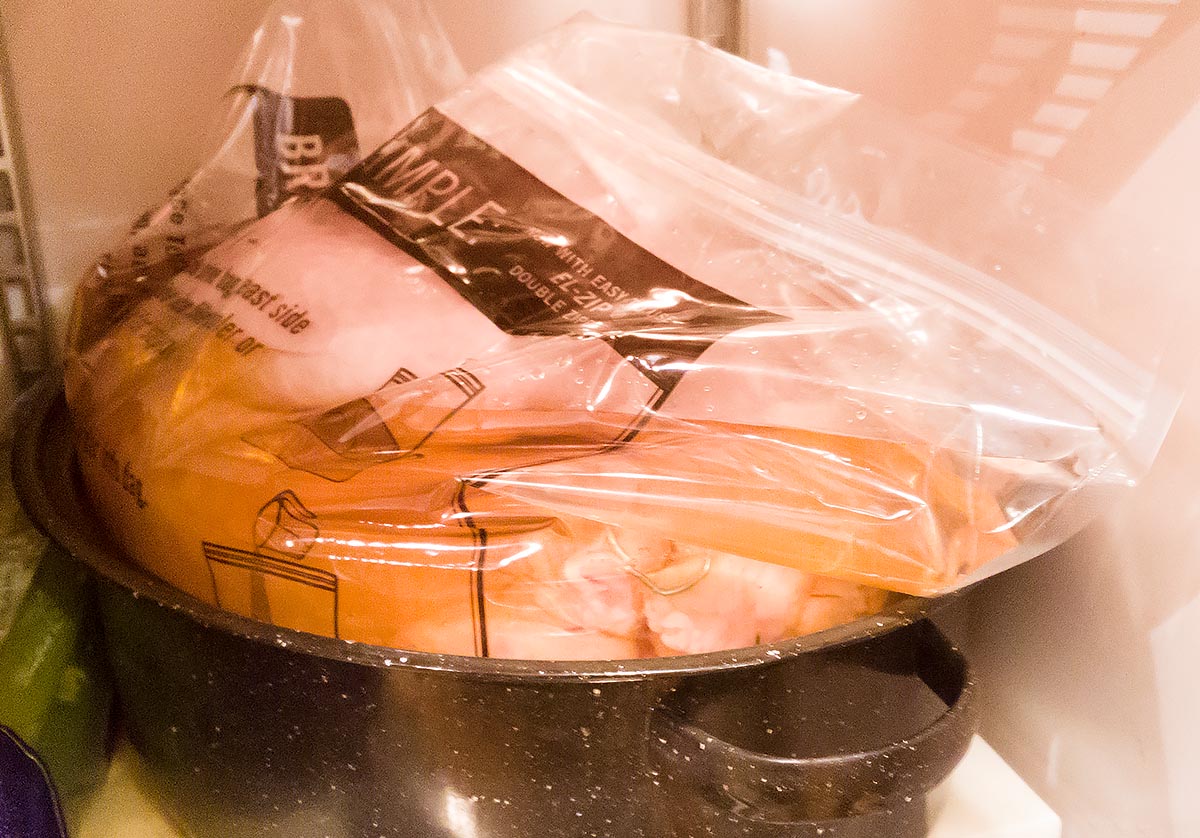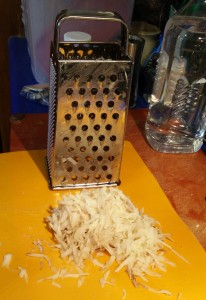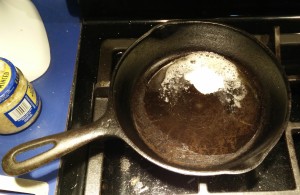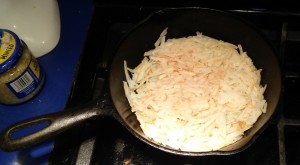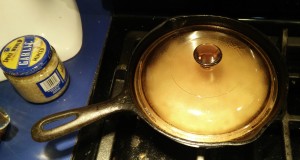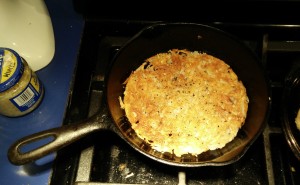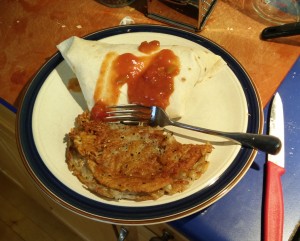I make a run at pancakes every now and then for the last few decades. This latest one has come up with a version that meets my requirements (which aren’t entirely mainstream), is so simple I do it from memory, and reheats well.
I don’t like “fluffy” pancakes; this recipe came from increasing the egg and milk and decreasing the baking powder in a standard recipe. It’s not much like French crepes, but it’s less fluffy, thinner, a bit chewier than basic American pancakes.
A single recipe is plenty for one person plus some leftovers, or two people who aren’t big eaters (or who are having the pancakes as part of a bigger breakfast). And it multiplies easily; a double recipe is two big breakfasts plus some leftovers. By the way, in addition to the microwave, the leftovers can also be heated in a toaster.
Ingredients
- 1 cup white flour
- 1 tsp. baking powder
- 1 tsp. sugar
- ½ tsp. salt
- 1 cup milk (I use 2%)
- 1 egg
- 3 tbs. butter (melted)
Method
Dump all ingredients in a bowl and mix with a whisk. Don’t beat to complete smoothness.
Doesn’t hurt to let sit a short while before baking (on a griddle). I use about ¼ cup per pancake, but any of a wide range of sizes work fine.
I cook these on a non-stick aluminum griddle across two stovetop burners. I set the burners at about 4 and 3 on a scale of 10, whatever that means. Between the non-stick griddle and all the butter in the recipe, I don’t use any oil on the griddle.
So, the usual pancake thing; wait for bubbles to get quite common, some open, then flip the pancake. Cook a little less time on the second side, and don’t expect it to look the same when done.
Variations
Leaving the sugar out has no effect that I can see. Leaving the butter out has essentially no effect that I can see. Leaving both the butter and sugar out causes them not to brown much (and that’s why I leave the sugar in the recipe).
The quantity of butter is highly variable; I’ve doubled the recipe and not doubled the butter, and I see little effect. I’ve omitted the butter by mistake and had the pancakes come out tasting fine (though not browned; I didn’t have sugar in that batch either). In double batches I rarely put in 6 entire tablespoons of butter, it just feels excessive.
I haven’t experimented this time around, but I would be nearly certain that substituting oil for the melted butter would work fine.
